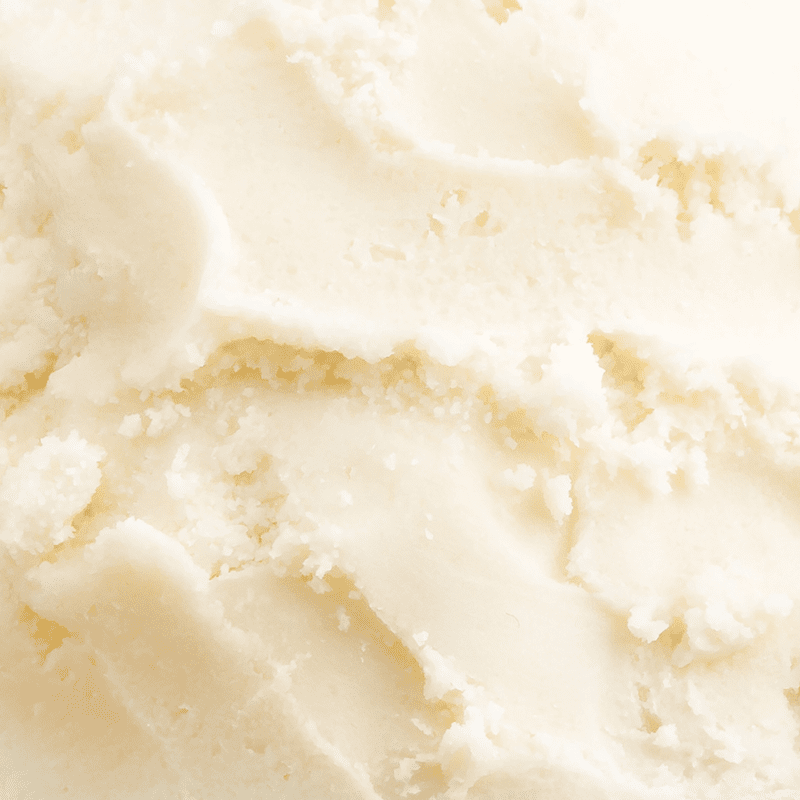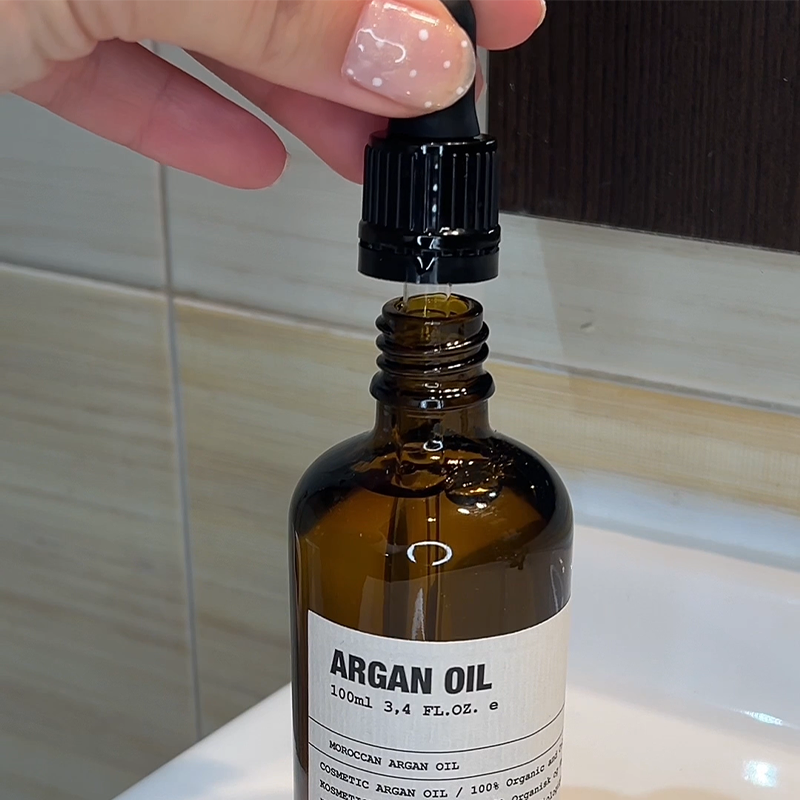Exploration of Castor Oil - What it is and how it's made
Are you curious about castor oil and how it's made? In this article, we delve deeper into this widely used oil and explore the fascinating world behind its production. Castor oil is renowned for its numerous benefits and applications, from hair care to skin care and even medicinal purposes. This natural oil is extracted from the seeds of the Ricinus communis plant, also known as the castor oil plant. The production process of castor oil involves pressing the seeds and obtaining the oil through extraction. Castor oil has been known for its healing properties for centuries and has been used in various cultures around the world for a long time. But it's only in recent years that this oil has gained great popularity as a beauty product. So, if you're curious about the many uses and benefits of castor oil, keep reading. We'll take you on an engaging journey of discovery and give you a glimpse into the world of this remarkable oil.
History and Origin of Castor Oil
Castor oil has a rich history dating back to ancient times. Its use is documented in ancient Egyptian texts, and the oil was often used in traditional medicine in various parts of the world. The plant from which the oil is extracted, Ricinus communis, is naturally native to Africa and parts of Asia but is now cultivated worldwide.
Although the exact origin of castor oil is unknown, it is believed to have been first used in ancient Egypt. The Egyptians used the oil for skincare, as fuel for lamps, and even as a laxative. Its use then spread to other parts of the world, such as India and Greece, where it was valued for its medicinal properties.
How Castor Oil is Made
Castor oil is made by pressing the seeds of the Ricinus communis plant. The production process starts with harvesting the seeds. The seeds are then cleaned and dried to remove any moisture.
After drying, the seeds are ground into a fine powder. This powder is then pressed to extract the oil. Pressing is usually done using a hydraulic press, applying pressure to the powder to release the oil.
The obtained oil is then filtered to remove any impurities. After filtering, the castor oil is ready for use. It can be packaged and sold in bottles or used as an ingredient in various products such as shampoos, conditioners, and cosmetics.
The production process of castor oil requires careful attention to quality and purity. It is important to use high-quality seeds and ensure that pressing and filtering are done correctly to ensure a high-quality end product.
Castor oil for hair and beauty
Castor oil is known for its many benefits in hair care. It is often used to promote hair growth, reduce hair loss, and improve the overall condition of the hair.
One of the key benefits of castor oil for hair is the presence of ricinoleic acid. Ricinoleic acid has anti-inflammatory and antimicrobial properties, which can help reduce inflammation on the scalp and promote healthy hair growth.
Additionally, castor oil can help moisturize dry hair and reduce split ends. It can also improve the shine and texture of the hair, making it look healthier and fuller.
To use castor oil for hair care, you can warm a small amount of oil and apply it to the scalp and hair. Massage it gently and leave it on for some time before rinsing it out. Repeat this process regularly for the best results.
In addition to hair care, castor oil can also be used for other beauty purposes. It can be added to homemade skin and lip balms, used as a natural makeup remover, and even used as a moisturizing cream for the skin.
Castor oil for skin care
Castor oil also has many benefits in skin care. It is often used to hydrate, soften, and soothe the skin. It can help reduce dry patches, soften rough skin, and decrease inflammation.
The moisturizing properties of castor oil can aid in restoring the skin's natural moisture balance and preventing dehydration. It can also assist in reducing fine lines and wrinkles, leaving the skin looking more youthful and healthy.
Additionally, castor oil can be used to treat skin conditions such as acne, eczema, and psoriasis. The oil's anti-inflammatory properties can help reduce inflammation and soothe irritated skin.
To use castor oil for skin care, you can apply a small amount of oil to clean skin and gently massage it in until fully absorbed. You can use it daily as part of your skin care routine.
It is important to note that castor oil may not be suitable for all skin types. If you have sensitive skin or are allergic to castor oil, it is advisable to perform a patch test before using it on large areas of your skin.
Castor oil for health and well-being
In addition to hair and skin care, castor oil also has various applications in the realm of health and well-being. It can be used as a natural laxative, as the ricinoleic acid in the oil can stimulate bowel movements and promote bowel regularity.
Furthermore, castor oil can be utilized as a remedy for various digestive issues, such as constipation, bloating, and abdominal cramps. It can aid in cleansing the intestines and promoting healthy digestion.
Additionally, castor oil can be used for pain relief and inflammation reduction. It can be applied to sore joints and muscles to provide temporary relief. It can also be used for massage to improve circulation and reduce muscle tension.
While castor oil has many benefits for health and well-being, it is important to use it in moderation and follow the correct dosage. Excessive castor oil consumption can lead to side effects such as nausea, diarrhea, and abdominal cramps.
Side effects and precautions when using castor oil
While castor oil is generally considered safe for external use, there are some precautions you should take to avoid potential side effects.
Firstly, it's important to determine if you're allergic to castor oil. Perform a patch test before using it on large areas of your skin. If you experience an allergic reaction, discontinue use immediately.
Secondly, if you intend to use castor oil for internal purposes, such as a laxative, it's important to follow the correct dosage. Excessive use can lead to serious side effects such as dehydration and electrolyte imbalances. Always consult a doctor before ingesting castor oil.
Thirdly, avoid using castor oil near the eyes. It can cause irritation and, in rare cases, even damage to the eye. If the oil accidentally gets into your eyes, flush them immediately with water and consult a doctor if irritation persists.
Where can I find high-quality castor oil?
Castor oil is easily available nowadays and can be purchased from various sources, including drugstores, pharmacies, and online stores. It is available in various forms, such as pure oil, oil blends, and products containing castor oil as an ingredient.
When looking for high-quality castor oil, it's essential to seek a reliable supplier. At SAFWAH, we offer castor oil in 100 ml glass bottles and 500 ml glass pump bottles, ensuring the best quality. Always check the ingredients list to ensure you are getting pure castor oil without additives or chemicals.
Also, pay attention to the packaging and store the oil in a cool, dark place to maintain its quality and shelf life. Castor oil can spoil when exposed to light and heat, so make sure to store it properly to preserve its benefits.



